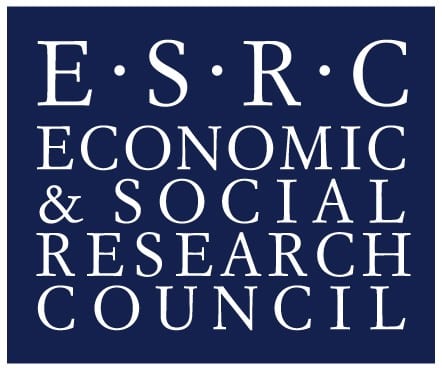 The ESRC has recently carried out a consultation on demand management options for funding applications. Like other research councils, they are looking at various ways of reducing wasted effort spent on preparing, submitting and administering unsuccessful bids. Demand management is a key strand within the ESRC’s 2011-2015 Delivery Plan. This consultation also follows the EPSRC’s recent announcement that their 12 month “cooling off” period has helped increase success rates from 26 – 30% in a single year following the introduction of the measure. ESRC is looking to demand management strategies such as this to help increase its own success rates, which have now dipped to a low of around 15%.
The ESRC has recently carried out a consultation on demand management options for funding applications. Like other research councils, they are looking at various ways of reducing wasted effort spent on preparing, submitting and administering unsuccessful bids. Demand management is a key strand within the ESRC’s 2011-2015 Delivery Plan. This consultation also follows the EPSRC’s recent announcement that their 12 month “cooling off” period has helped increase success rates from 26 – 30% in a single year following the introduction of the measure. ESRC is looking to demand management strategies such as this to help increase its own success rates, which have now dipped to a low of around 15%.
The options considered in the ESRC consultation are:
- Researcher Sanctions: This involves limiting the number of proposals from individual researchers who consistently fail to submit applications that reach an agreed quality threshold;
- Institutional Sanctions: This involves introducing sanctions for HEIs whose applications fail to meet a certain success rate and/or quality threshold;
- Institutional Quotas for ‘managed mode’ schemes: This involves the introduction of institutional quotas for certain schemes (e.g. early career researcher schemes, Large Grants/Centres, Professorial Fellowships);
- Institutional quotas for all schemes: This involves responsive as well as managed mode schemes;
- Charging for applications: Levying an agreed fee for institutions submitting applications, with the option that this levy is redeemable if the application is successful.
The ESRC intends to finalise its demand management strategy in Spring 2011.
